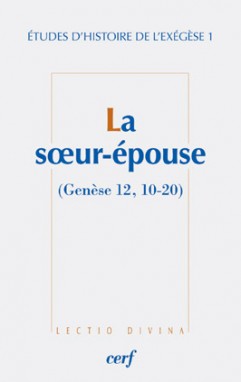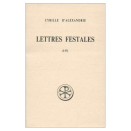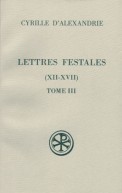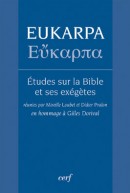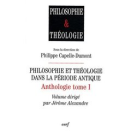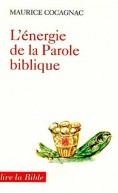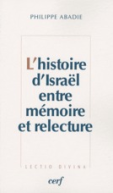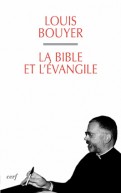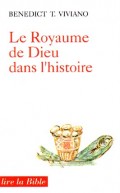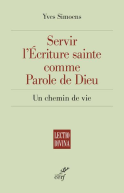Sœur-épouse (Genèse 12, 10-20) (La)
Collection Lectio Divina - N° 237
144 pages - sept. 2010
16,50€
--
The three narratives of the episode of the ‘sister and wife’ that tell the story of Abraham and Sarah or Isaac and Rebecca, have always posed problems to exegetes: sometimes of a literary order (what is the link between the three pericopes?), sometimes doctrinal (with, at the core, Abraham’s ‘lie’). After informing us of contemporary studies, the author examines four significant stages in the history of the interpretation of these narratives: the Greek Fathers, medieval and contemporary Jewish exegesis, Christian exegesis in the Middle Ages, Protestant exegesis in the 16th century. What the five studies have in common is that they all take into account the confessional dimension of the commentaries analysed, an empathetic approach that we consider necessary in a historical context. Although contemporary studies succeed in identifying certain procedures of traditional exegesis (the most remarkable being typology), a careful study of the older exegeses (patristic, medieval, 16th century), both Jewish and Christian, leads us beyond the purely historical interest to a deeper understanding of the texts. This volume comes from the first of the ‘Journées bibliques’ organised by the Laboratoire d'études des monothéismes/Institut d'études augustiniennes (CNRS-EPHE Relisious sciences -Paris IV) and the Research Group on religious non-conformists in the 16th and 17th centuries and the history of Protestantisms (GRENEP, University of Strasbourg’s Protestant theology faculty). It is the first title of a series devoted to the history of the exegesis of the Bible. Contributors: Matthieu Arnold - David Banon - Marie-Odile Boulnois - Gilbert Dahan- Jan Joosten - Annie Noblesse-Rocher
- Dimensions : 135x215x10
- ISBN : 9782204091947
- Poids : 210 grammes
Avec la collaboration de : Annie Noblesse-Rocher, David Banon, Gilbert Dahan, Jan Joosten, Marie-Odile Boulnois, Matthieu Arnold
DU MÊME AUTEUR
La Bible d'Alexandrie : Eukarpa
400 pages - avril 2011
> VOIR TOUS LES LIVRES DE l'AUTEUR
DANS LA CATÉGORIE EXÉGÈSE BIBLIQUE
Comment tuer Jésus ? (poche)
Abus, violences et emprises dans la Bible
de Philippe Lefebvre
280 pages - oct. 2023

